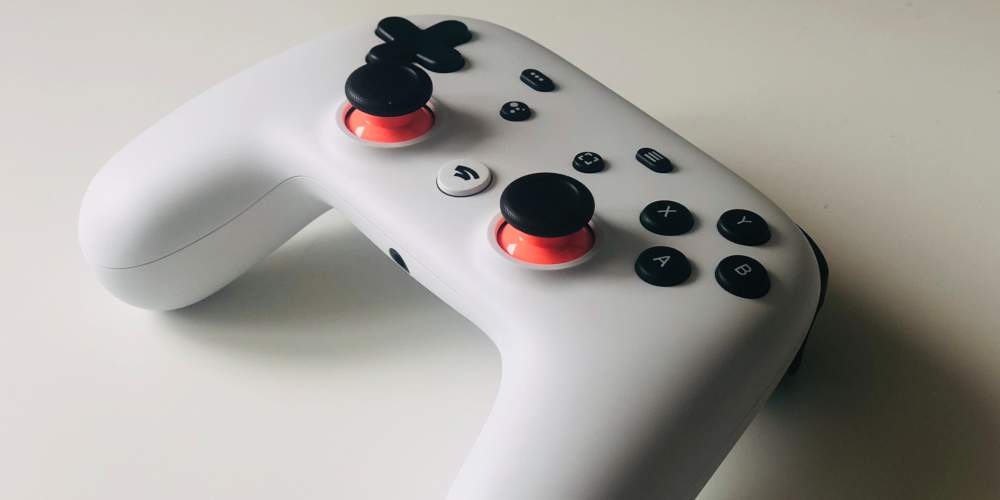This is an opinion piece. The views expressed in this article belong solely to the author and don't necessarily reflect the positions of whatNerd or the whatNerd team.
Console gaming hasn't really changed much since the early 1970s when Pong became the first successful home video game. Systems have gotten faster and games have gotten more advanced, but it's pretty much the same activity now as then.
Will it always be that way? Well, some companies are trying to push console gaming to the next level by changing how gamers actually play their video games: streamed over the internet.
It's called cloud gaming (also known as gaming-as-a-service and gaming on demand, depending on who you ask) and it's already here.
You know how you can stream movies, TV shows, and music via streaming services? You don't actually buy the individual media; you buy access to an entire library of media that you can stream on demand, usually as a monthly subscription.
Cloud gaming is basically that, except with video games. Have you heard of Google Stadia, Amazon Luna, PlayStation Now, Xbox Cloud Gaming, or Nvidia GeForce Now? They're all cloud gaming.
We aren't fully there yet, but I believe cloud gaming is the future. Here are several reasons why cloud gaming will soon leave console gaming in the past.
1. Cloud Gaming Is Cost-Effective
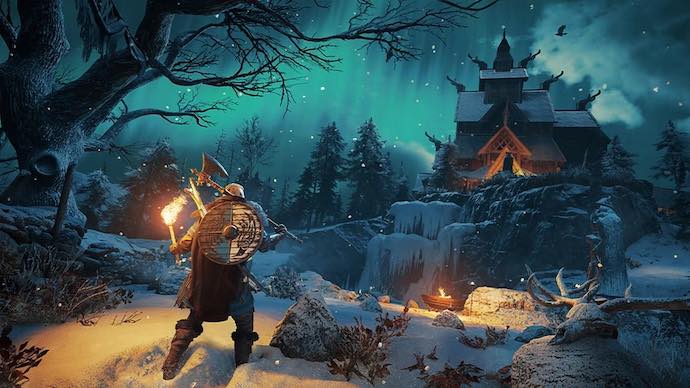
Google Stadia is only one example of the attractiveness of cloud gaming. The Google-operated service doesn't require you to fork out over $300 for a box that sits next to your TV.
Instead, you simply pay a subscription fee of $10 per month to get the plan that grants access to everything.
How does that compare to console gaming?
Modern gaming consoles have an average effective lifespan of 7 years. You need to buy the initial system to start playing ($500), then pay for every game after that (AAA ~$60, indie ~$20). Even at one game every quarter, that's $1,120 after 7 years. Total of $1,620.
Over that same period, you'd spend $840 for the Google Stadia subscription, and you can play Stadia games on any PC. Or spend $80 for a Stadia controller to play on Chromecast-compatible devices.
In the long run, cloud gaming is far more cost effective than console gaming—and we haven't even factored in the cost of multiplayer gaming, which usually costs extra on consoles.
2. Cloud Gaming Provides Instant Access
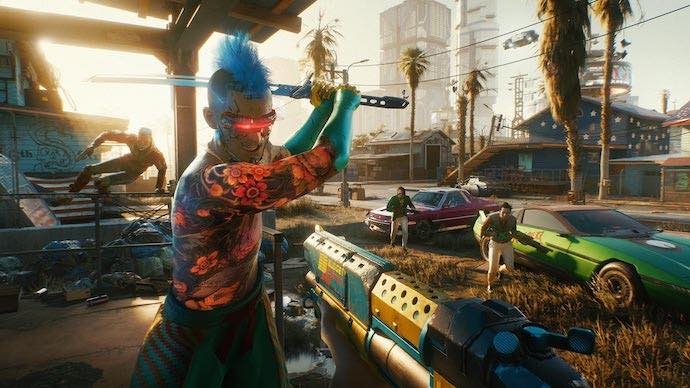
You can play Google Stadia anywhere so long as your internet connection is stable. On the bus. At a friend's place. At the airport. Anywhere. And it's not unusual to lug a laptop around.
Whereas dragging a gaming console anywhere can be quite the hassle (except for maybe the Nintendo Switch).
But even if you only play at home, cloud gaming offers immediate on-demand access to any game without the need to download and install—which can take quite a long time for AAA games that are over 100GB in size. With cloud gaming, you just stream.
3. Cloud Gaming Can Support Old Hardware

Gaming consoles lack future-proofing. Even as technology advances, console games are always bounded by their system limitations. If you want a next-gen gaming experience, you need to upgrade hardware.
Cloud gaming doesn't care about your hardware; the games run on top-notch servers and stream to you. Handling a game stream is much easier when servers do all the hard work for you.
With cloud gaming, your hardware is never a problem, whether you're playing on a TV, computer, laptop, or even a smartphone. The only technical bottleneck would be your internet speed and stability.
4. Cloud Gaming's Flexible Libraries
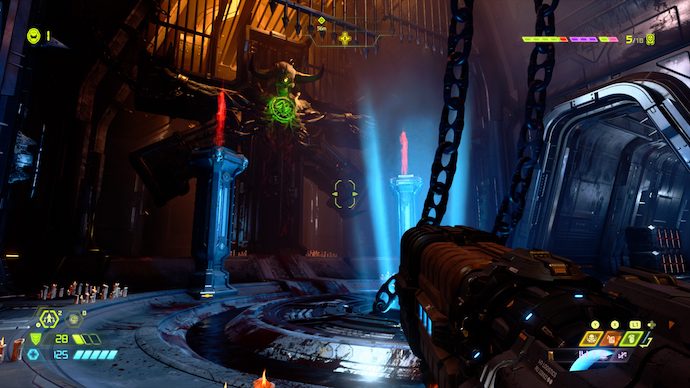
If cloud gaming only granted access to no-name indie games, it would certainly flop. But most of the companies pushing for cloud gaming have the funds and pedigree to put up a solid library of games.
Google, Amazon, and Nvidia are all rich and brand-heavy companies, meaning they have the cash and leverage to strike deals and make all kinds of awesome games available in their libraries.
Sony, Microsoft, and Nintendo also have years of material that they can make available via cloud gaming as well, including exclusives that'll provide extra draw to their respective libraries.
And exclusivity isn't such a big deal with cloud gaming. Right now, if you buy a PS5, you're committed to PS5 games—investing in an Xbox Series X may not be possible. But with cloud gaming, it wouldn't be a huge issue to jump from service to service at a whim.
5. Companies Are Investing in Cloud Gaming
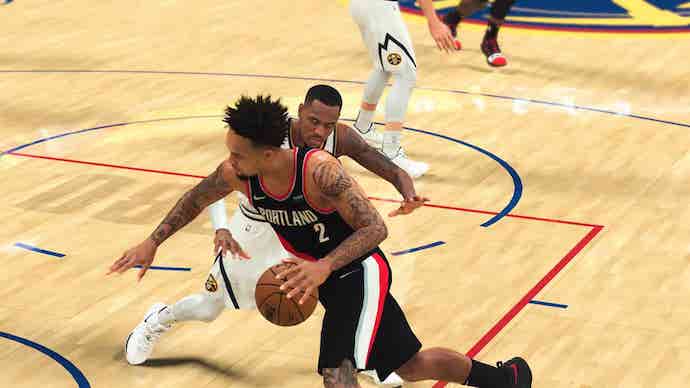
Perhaps the biggest reason for my faith in the future of cloud gaming is that all the big players in video gaming are on board. If console gaming companies are in on it, you know it's the real deal.
Sony bought cloud gaming company Gaikai in 2012 and now has PlayStation Now. Microsoft recently came out with Xbox Cloud Gaming (formerly Project xCloud). The two largest companies in console gaming are clearly gearing up for a cloud-based future.
Mix in Google's efforts with Stadia and Amazon's upcoming attempt with Luna—the two biggest companies in tech—and you'd have to be blind not to see that cloud gaming isn't just a passing fad.
It may be hard to see because cloud gaming isn't that great right now, but that's because it's still an infant. All the necessary bits and infrastructure are still being developed. When it's ready, we'll be entering a new era of video gaming for sure.
Console Gaming Will Soon Be Retro
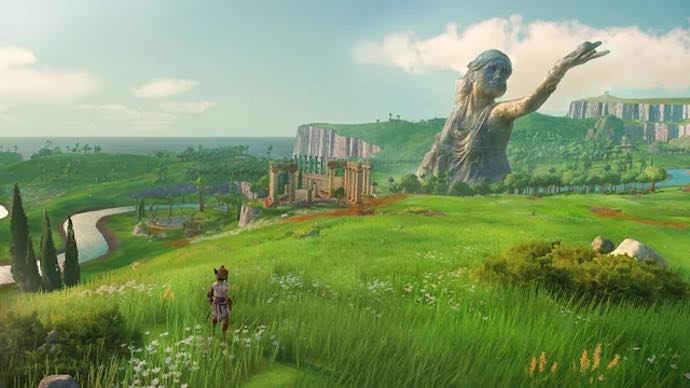
Netflix popularized movie and TV streaming. Spotify popularized music streaming. Now millions prefer to stream instead of collecting CDs, DVDs, and Blu-rays. Who will do the same for video games?
It's only a matter of time before people get put off gaming consoles for good, all in favor of a more convenient and more cost-effective alternative in cloud gaming. Progress always wins in the end.
